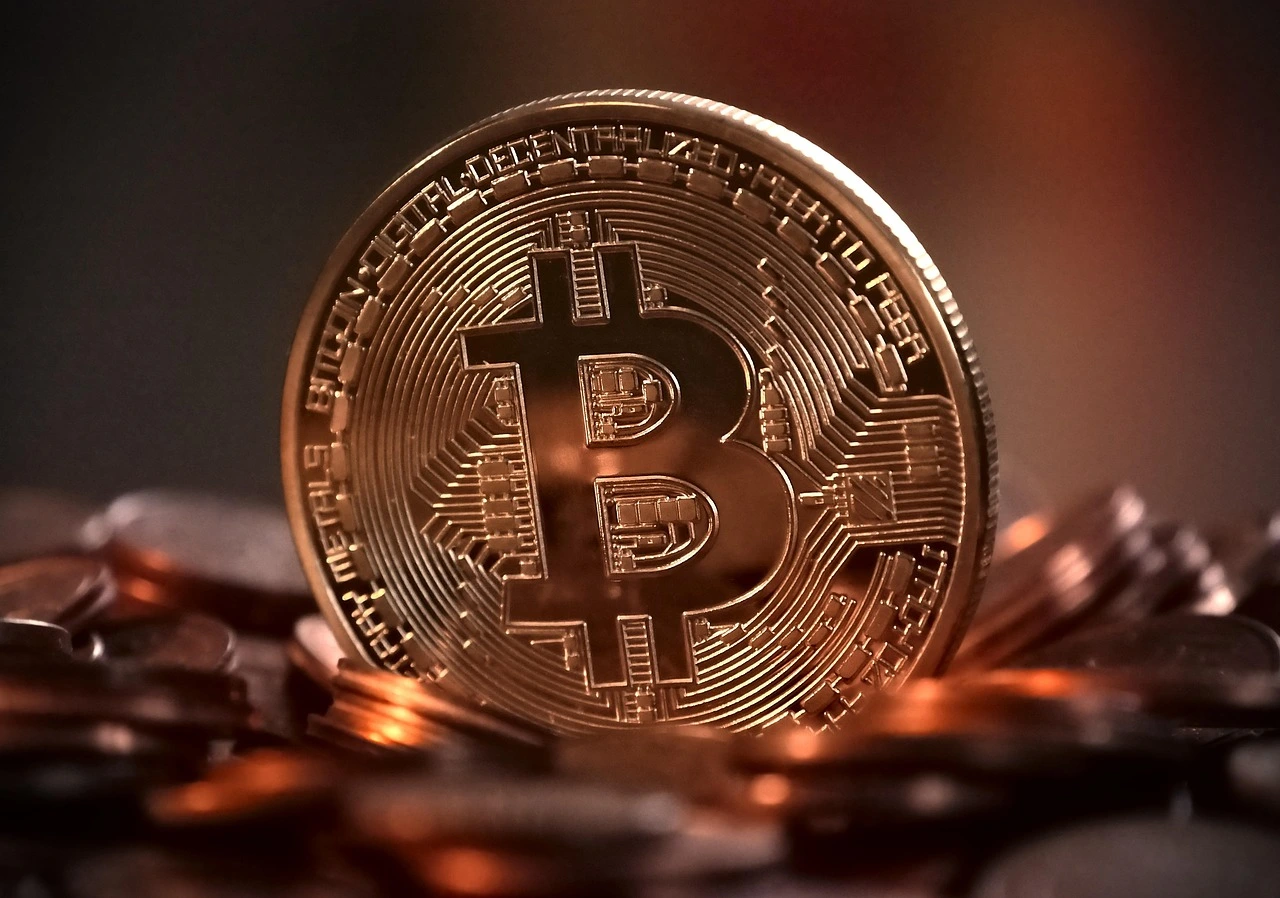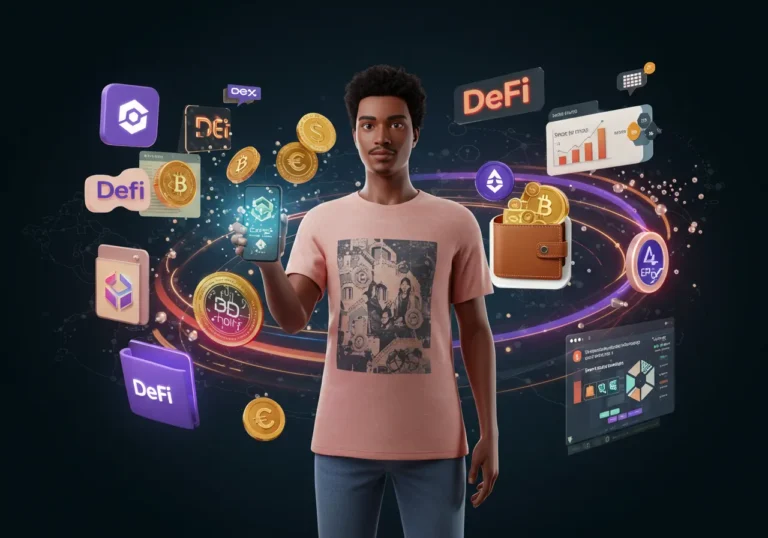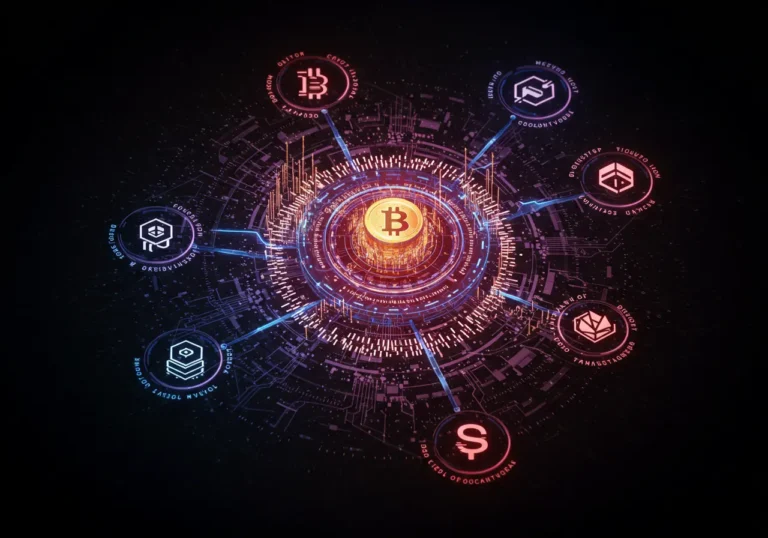Why Believe in Bitcoin? A philosophical analysis of trust, decentralization, and the nature of money
Table of Contents
Bitcoin is a new kind of money. It runs on code and a global network. It asks a different question: what does it take to trust money when no single person or bank is in charge?
Bitcoin: trust without a single trustee
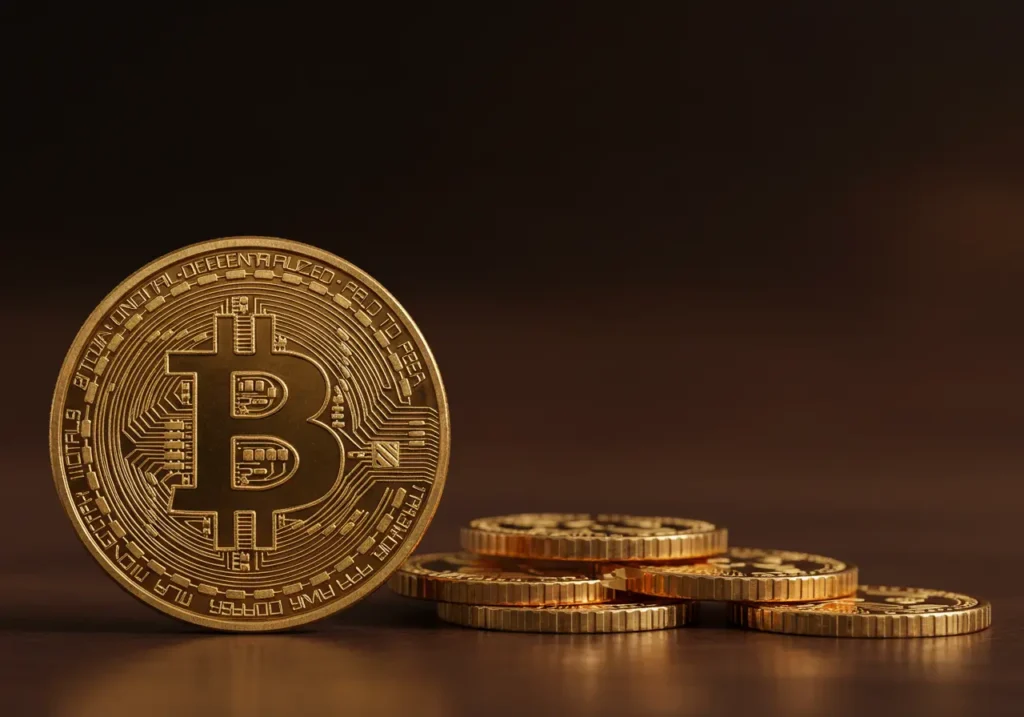
Bitcoin asks us to imagine trust in a new shape. Instead of trusting a bank, we trust rules. Those rules are written in code. They run on many computers. No single person can change them alone.
When people talk about Trust in cryptocurrency, they point to this shift. Trust moves from people to systems. We trust math, open code, and wide participation. That can feel strange at first. But think of a traffic light. You trust it not because you know the technician. You trust it because it works the same way for everyone.
What trust used to mean
Long ago, trust meant a face and a handshake. You trusted the local merchant. You knew the goldsmith would hold your coins safe. As societies grew, trust moved to banks and states. We accepted that these institutions keep records and step in when things go wrong.
But institutions are people too. They can make mistakes. They can be closed, controlled, or fail. Bitcoin philosophy asks: what if we can build systems that do not depend on a single institution?
Decentralization: many hands, shared rules
A core idea is decentralization. In a Decentralized financial system, many independent actors follow the same rules. No single actor can rewrite them. The power to change the system is spread out.
This matters in the language of fairness. If one person controls the ledger, they can change history. If everyone keeps a copy and checks it, the ledger is harder to change by fiat. That is decentralization at work.
Here is a example. Imagine a town calendar where everyone writes down transactions. If one entry is different from the others, people notice. That shared checking is what makes the record trustworthy.
Not perfect, but different
Decentralization is not magic. It brings trade-offs. It can be slower. It can be energy-consuming. It asks us to think differently about governance. But it gives resilience. If one node fails, the rest still stand.
That resilience is one reason people bring up the Philosophy of blockchain technology. The blockchain is a public record. It is transparent. Anyone can look. That transparency changes what it means to trust.
The nature of money: what makes something worth trusting?
Money is a social agreement. A stone, a cow, or a coin is worth what people accept it to be. Over time, societies settled on things that were durable, divisible, and hard to counterfeit.
Modern money often has three features:
- It is a medium of exchange (I can buy with it).
- It is a unit of account (prices can be set in it).
- It is a store of value (it keeps buying power over time).
Bitcoin aims to fit those roles in a digital form. It is scarce by design. There is a fixed supply. That scarcity is part of the argument for its value. If fewer new coins are created, some claim that each coin can hold more value over time.
Trust, value, and meaning
Value rests on trust. If people believe in a currency, it works. Currency earns trust by being useful and predictable. For many, Bitcoin offers predictability—the rules are known in advance. For others, it is a bet on future adoption.
The Nature of digital currency is about this new promise: durable digital scarcity. Before, digital things were copyable. Now, with cryptography and consensus, we can point to a specific digital unit and say, “This one is unique.”
Philosophical questions: is belief rational?
Belief in Bitcoin blends emotion, reason, and social choice. Some people believe because of ideology. They value decentralization and independence. Others believe because of economics. They see it as a hedge against inflation. Some are curious about technology and beauty in clever systems.
Is belief rational? Partly. You can list reasons and counter-reasons. You can test ideas against history. Yet belief also includes values. If you value freedom from central control, Bitcoin may align with your ethics. If you value stability guaranteed by law, you might prefer fiat money.
An example: trust vs. authority
Think of two gardens. One is fenced and tended by a single gardener. The other is tended by a community where everyone can plant. The first is predictable; the second can be freer and surprising. Which garden you prefer depends on what you value. Bitcoin is the second garden for many people.
Risks and responsibilities
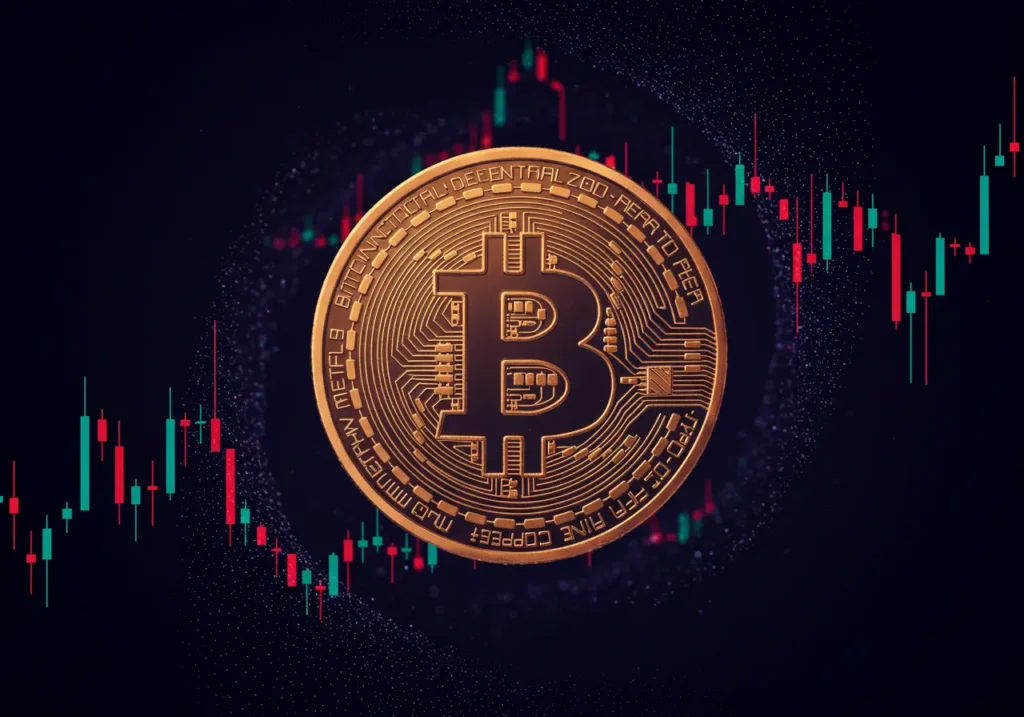
Honest talk must include risks. The technology can be used poorly. The market is volatile. People can lose keys and lose access. There are scams, bad actors, and mistakes.
Believing in Bitcoin is not license to ignore care. It means learning basic security, understanding limits, and planning. Philosophers might call this moral responsibility: be careful with what you hold and how you share it.
Practices
Practical actions matter:
- Learn how private keys work.
- Use secure storage and backups.
- Avoid unverified schemes promising fast wealth.
- Think about how your choices affect others.
The human side of money is central. Trust in systems must be matched by trust in practices.
Community and culture: what belief builds
Money is social. A currency lives through use and community. The Bitcoin philosophy includes a culture: developers, users, researchers, and curious people. They write software, build wallets, offer services, and teach others.
This culture creates norms. Open-source code invites review. Shared tools make access easier. The culture shapes trust as much as the code.
A gentle point about values
For many, belief in Bitcoin is also a moral choice. It is about who should hold power in finance. Decentralization appeals to those who favor systems that are harder to censor or control. This is a political as well as technological stance.
Looking forward: practical hopes, not utopias
What can Bitcoin realistically do? It can offer a new form of money that is:
- Borderless and permissionless.
- Hard to inflate by design.
- Transparent in its ledger.
It may not replace all forms of money. It might coexist with many systems. The philosophical value is in widening options. More choices mean more room for people to match tools to values.
Small experiments, big lessons
You do not need to convert everything to test ideas. Small experiments teach. Try using a tiny amount to understand custody. Read critiques. Balance hope with caution.
Conclusion — believe, question, and decide
Belief in Bitcoin is not a single thing. It mixes philosophy, technology, and practical choice. It asks us to weigh trust differently. It invites new habits and new questions about power and value.
If you are curious, start small. Learn, test, and talk with others. If you are skeptical, that skepticism is useful. It sharpens the questions we must answer: who benefits? who is protected?
At bottom, money works because people agree. Whether you believe in Bitcoin or not, the conversation it provokes helps all of us think more clearly about trust, about how we govern shared systems, and about what we want money to be.
Quick takeaways
- Bitcoin reframes trust: trust moves from single institutions to shared rules.
- Decentralization spreads power and adds resilience, but involves trade-offs.
- Money’s nature is social; digital scarcity changes the design space.
- Belief in Bitcoin mixes rational reasons and personal values.
- Risks are real: security, volatility, and human error require care.
- Small experiments and community learning are sensible ways to explore.
FAQ
Q: Is Bitcoin just digital gold?
A: It shares features with gold—scarcity and store of value—but it is digital and programmable. People may use it differently.
Q: Does Bitcoin make banks useless?
A: Not necessarily. Banks offer services many need. Bitcoin offers an alternative for some uses. They can coexist.
Q: Can I trust Bitcoin forever?
A: No system is permanently immune to change. Trust comes from continuous testing, governance, and community care.
Q: How do I learn safely?
A: Start with reputable sources. Try small, hands-on experiments. Use secure wallets and ask questions in trusted communities.

Hello, I’m Edmilson Dias, founder of CoinBringer. I created this platform to guide people through the fast-moving world of cryptocurrency with clarity and safety. With years of research in blockchain and digital security, my goal is to translate complex topics into practical knowledge, offering reliable tutorials, safety insights, and guidance for both newcomers and experienced users.
Discover more from CoinBringer
Subscribe to get the latest posts sent to your email.

